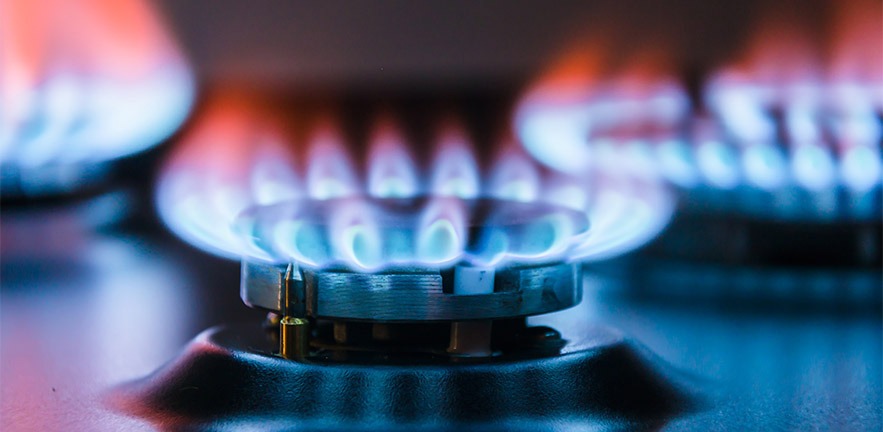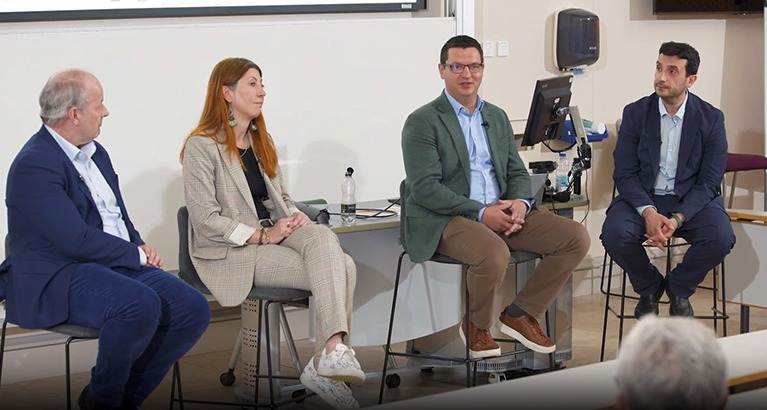
Renationalisation of the energy industry is “not an obvious solution” to the current supply and pricing issues in the energy market, Professor of Business Economics Michael Pollitt of Cambridge Judge Business School says in a new podcast.
“The record across the world is that state-owned companies have not provided good security of supply,” Michael says in the ‘Byline Times’ podcast hosted by Adrian Goldberg. “They have often been associated with chronic underinvestment and failure to maintain the system. Therefore, state ownership doesn’t have a great reputation, both globally and in the UK.”
History of energy ownership in the UK
Energy companies in the UK were nationalised in 1948 but Prime Minister Margaret Thatcher reversed the situation, privatising gas supplies in 1986 and electricity in 1990. The government agency Ofgem says that the energy price cap in the UK will increase by 54% for 22 million customers on 1 April, owing to a record increase in global gas prices.
“Renationalisation is not an obvious solution to the current problems in the energy market,” Michael says in the podcast. “The recovery from the pandemic has resulted in a sharp rise in global demand for energy; therefore, the reason why we’ve had such high prices for electricity and gas in the UK is largely due to what’s happening in the global markets.”
Counter argument from We Own It
Presenting a counter argument on the podcast was Cat Hobbs, founder and director of We Own It, a group that campaigns against privatisation and in favour of 21st century public ownership, arguing that after four decades the privatisation of UK public services has failed.
“Right now, we have an energy system that is working for shareholder profits rather than for the people of this country and this is going to have a huge impact,” she said. “If we look at the billions of pounds going to oil and gas shareholders, they could be used to pay household bills, but they are not, and this is going to hit families across the UK very hard. People will have to choose between heating and eating.”
“From my perspective, there are a few things that could really help with the current crisis, including a windfall tax for oil companies and investments in renewables. Other countries, like Norway or Denmark, have state-owned companies that work for the benefit of their people while in the UK we just allow companies to make a profit from our resources, with very little contribution. We need to bring our energy networks into public ownership,” says Cat Hobbs.
Michael says commercial basis is key
Michael says, “It is, of course, possible to have a well-managed state-owned electricity and gas entity but only if it is run on a commercial basis. The real danger with nationalisation in the UK is that we haven’t got a great track record of running nationalised companies on a commercial basis, free from political interference. People have this idea that somehow state-owned companies are going to be well-run entities but actually, what it takes for that to happen, is they have to be run like private companies.”
Related content
Listen to the “Power to the people” episode of the Byline Times podcast, 9 February 2022
“Price cap to increase by £693 from April.” Ofgem press release, 3 February 2022





